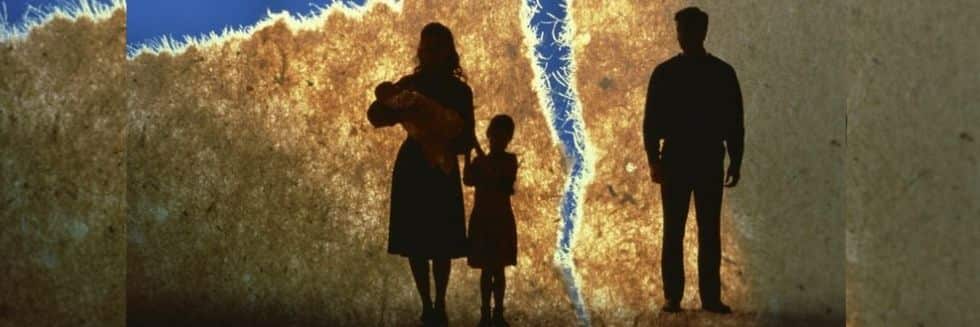In a significant verdict, Karnataka High Court held that the properties which had been given as dowry or otherwise at the time of marriage of the daughter, would be amenable for partition and the same will have to be included in a suit for partition, filed by the daughter.
A single-judge bench of Justice Suraj Govindaraj observed, “In a suit for partition, the properties which had been given as dowry or otherwise at the time of marriage of the daughter plaintiff, claiming a right of partition under Section 6 of the Hindu Succession Act, would be amenable for partition and the same would have to be included in a suit for partition.”
The bench was hearing a partition suit filed by petitioner Hemlata challenging the order dated August 8, 2018, passed by the City Civil Judge Bengaluru. The court had allowed her brother’s petition to include two properties in the partition suit which were given as dowry at the time of her marriage.
She has been seeking partition of property in a joint family as a coparcenary under Section 6 of the Hindu Succession Act.
The first property includes one acre of land which was gifted as dowry by the execution of sale deed in the favour of Hemlata’s father-in-law Channaiah. Then, the defendant claimed that second property was purchased by him and was gifted to the petitioner and her husband at the time of marriage.
Advocate A. Nagarajappa, appearing for the petitioner, submitted that item No.9 property was purchased by the petitioner’s father-in-law and item No.10 was purchased by her husband out of their own funds and therefore, they are not amenable for Partition.
However, Advocate Prithvi Raj B.N appearing for defendant brother argued that the properties covered item Nos.9 and 10, which were sought to be introduced by way of amendment, were given as dowry and therefore, in a suit for partition, the said properties would also be amenable for partition.
The bench opined that beneficiary under Section 6 of the Hindu Succession Act cannot claim a benefit by way of partition as regard to joint family properties without reference to the properties already received by her at the time of marriage as dowry/gift or otherwise.
The bench noted, “The said properties at an undisputed point of time forming part of the joint family property and the plaintiff having received it, the same would also have to be made part of the partition suit in order for the partition to be equitable hence, those properties would also be amenable to partition.”
“It is for the parties to establish during the course of trial as to whether the properties belonged to the joint family or not. If the properties belong to the joint family, then the same would be amenable for partition. If the plaintiffs were able to establish that the properties had been independently purchased out of their own funds and the said properties are not joint family properties, then the same would not be amenable for partition. This aspect would have to be ascertained by the Trial Court only after trial,” the bench added.






